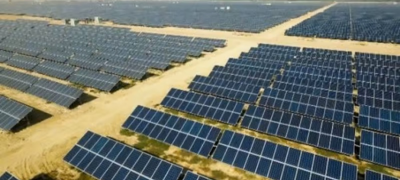In a move likely to impact thousands of solar energy users across Pakistan, the government is planning major reforms to the country’s solar net metering policy. As part of wider energy sector restructuring, these changes aim to reduce pressure on the national power grid and promote long-term sustainability.
According to official sources, the Power Division has finalized a proposal to withdraw several existing benefits enjoyed by solar users. The most significant change is the replacement of the current net metering system with a net billing model, which would slash the buyback rate for excess electricity from Rs27 per unit to just Rs10.
Read more: Solar Setback: Net Metering Tariff May Drop to Rs 10/Unit
Additional proposed measures include eliminating the zero-bill facility and reducing the allowed sanctioned load from 1.5 times to 1.0 times the connected load. This would force consumers to rely on hybrid solar setups with lithium-ion batteries — an upgrade that experts estimate could add $1 billion annually to import costs.
Under the revised system, rooftop solar customers would no longer offset their energy consumption with exported units. Instead, any surplus electricity would be compensated at the lower rate on a monthly basis, replacing the current quarterly billing credits. All user categories — including domestic and commercial — will still qualify for the scheme, though the license duration will now be reduced from seven years to five.
Energy Minister Awais Leghari clarified that the government does not intend to eliminate net metering but is reforming it for greater efficiency, transparency, and sustainability. He explained that the system, introduced in 2017–18 as a small-scale initiative, has expanded rapidly and now poses technical and financial challenges to the national grid.
“This is not an anti-solar move,” Leghari emphasized. “Users who generate 40% of their power and recover costs within three years will still find solar investment profitable.” He also suggested that the buyback rate may be linked to broader market prices, enabling automatic adjustments.
As part of the wider reform agenda, the government is also cancelling 9,000 megawatts of high-cost, unnecessary energy projects. Meanwhile, stakeholders are urging authorities to consider the broader environmental and economic consequences of the proposed changes to Pakistan’s solar energy framework.









